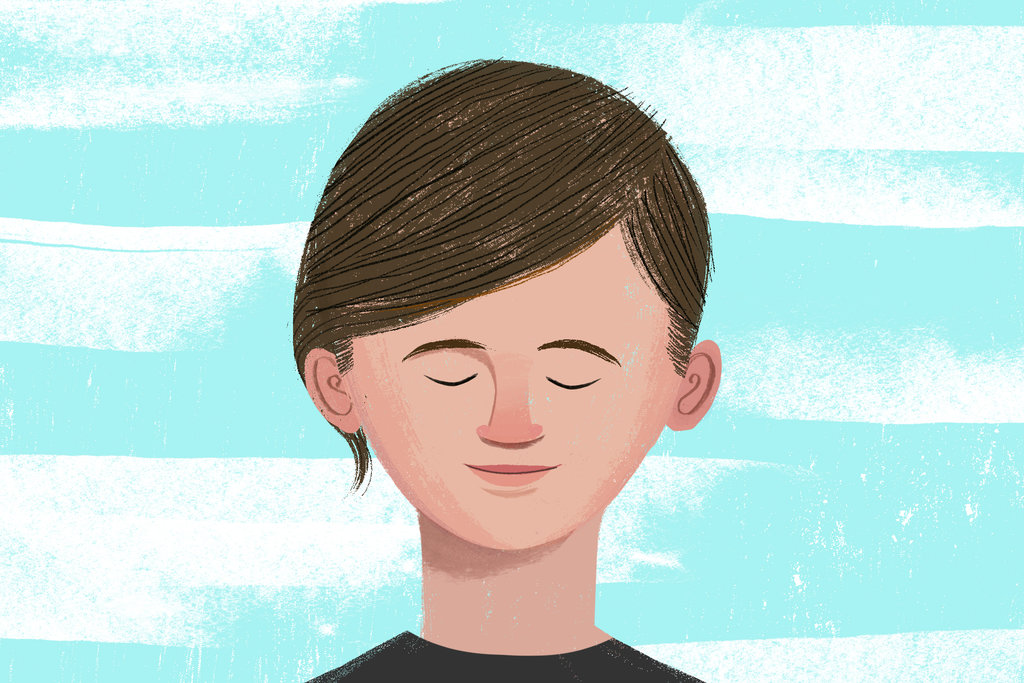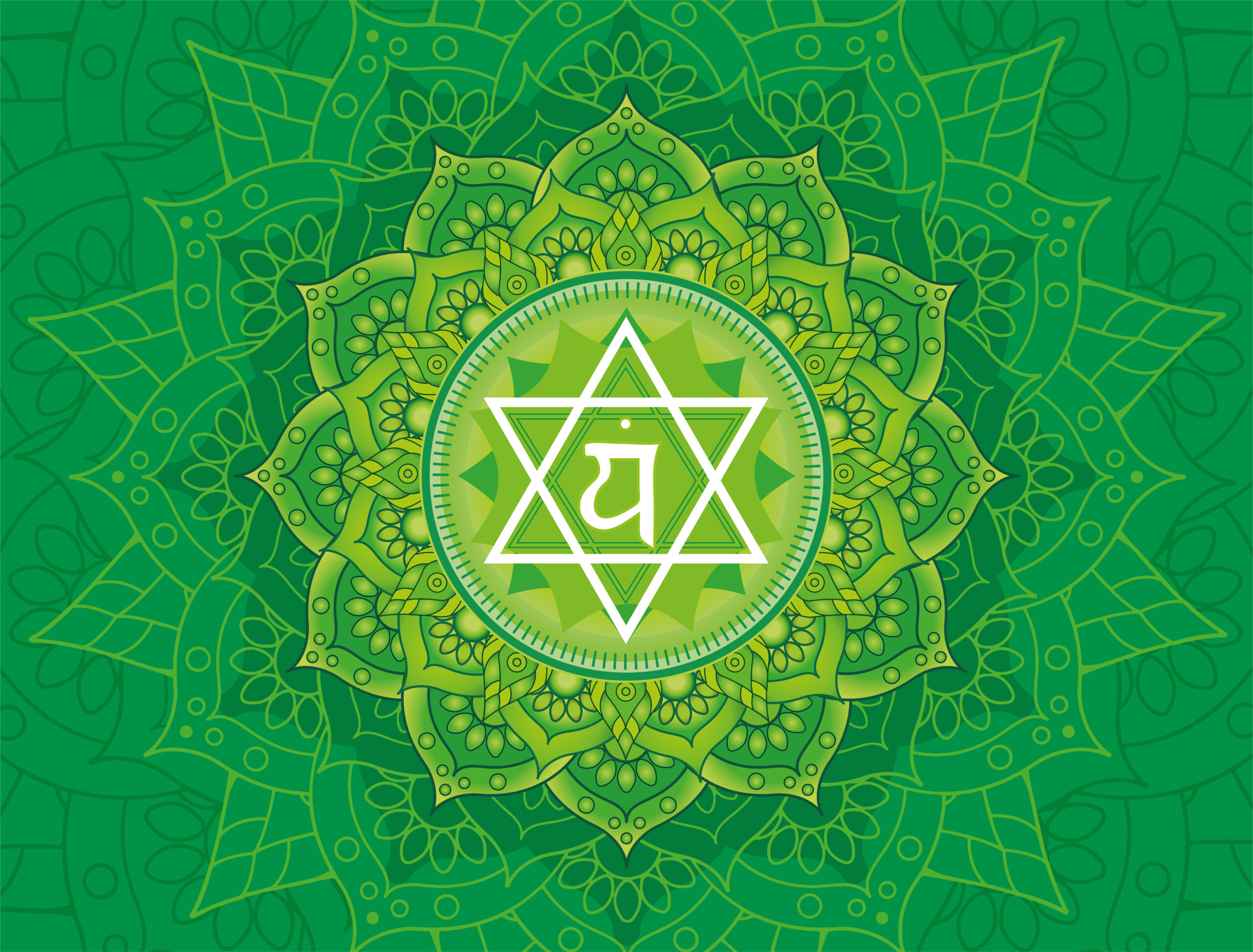Image by Nik Shuliahin on Unsplash
In today’s fast-paced world, anxiety and stress have become familiar companions in our lives. We frequently feel overburdened and anxious due to the pressures of work, family, and everyday responsibilities. Fortunately, you don’t need to look far for relief. In this blog, we’ll explore effective techniques to reduce anxiety immediately at home. Whether you’re dealing with a sudden surge of stress or simply looking to incorporate more relaxation into your daily routine, these strategies can help you find a sense of calm and peace right where you are.
How to Reduce Anxiety Immediately
1. Deep Breathing
Deep breathing exercises are one of the simplest and most efficient ways to reduce anxiety immediately at home. Our breathing often becomes shallow when anxiety occurs, which can make us feel more stressed. The nervous system can be calmed, and balance can be restored through deep breathing.
How to do it
- Locate a peaceful, cozy area where you won’t be disturbed.
- Relax and either sit or lie down.
- Close your eyes and inhale deeply for four counts through your nose.
- Keep your breath held for four counts.
- For a count of six, slowly and fully exhale through your mouth.
- Keep going through this cycle until you begin to feel more at ease.
2. Mindfulness Meditation
An effective method for reducing anxiety and stress is mindfulness meditation. It entails concentrating your thoughts on the here and now without passing judgment. You may find peace and freedom from the cycle of anxiety with the aid of this practice.
How to do it
- Find a peaceful, cozy area where you can sit down or lie down.
- To center yourself, close your eyes and take a few long, deep breaths.
- As you inhale and exhale, concentrate on your breath.
- If your thoughts wander, gently and without judgment, refocus on your breath.
- Increase the length of your meditation sessions gradually as you get more accustomed to the practice by starting off with just a few minutes.
3. Progressive Muscle Relaxation
Progressive muscle relaxation involves tensing and then releasing various muscle groups in your body. This can help in easing mental and physical tension.
How to do it
- Look for a quiet area to sit or lie down.
- Start with the toes and work your way up, tensing and then relaxing each muscle group.
- As you release tension, pay attention to how you feel relaxed.
- Follow this process until all major muscle groups, from your toes to your head, have been worked.
4. Visualization
By using your imagination to create a sense of calm and relaxation, visualization is a powerful practice. You can calm down and relax by visualizing a peaceful scene or a positive outcome.
How to do it
- Close your eyes and inhale deeply a few times.
- Visualize a location where you are entirely at ease and secure. It may be a beach, a forest, or any other place that makes you feel at ease.
- Picture yourself there, focusing on the sights, sounds, and sensations.
- Spend some time in this mental haven, allowing yourself to feel the serenity it brings.
5. Yoga and Stretching
Anxiety and stress can both be effectively reduced by physical activity. Stretching and yoga not only assist in relaxing tense muscles but also foster relaxation by encouraging controlled breathing and mindfulness.
How to do it
- Pick a simple yoga routine or a set of stretches that you find comfortable.
- Find a roomy area that is calm and spacious.
- Practice your chosen routine while paying attention to your breathing and your body’s sensations.
- Yoga and stretching are useful methods for immediate stress relief since they can increase flexibility and relieve physical strain.
6. Aromatherapy
Using essential oils to create a soothing atmosphere at home is known as aromatherapy. Certain scents, including lavender, chamomile, and eucalyptus, are well known for their stress-reducing properties.
How to do it
- Purchase your choice of essential oils.
- Add a few drops to a bowl of warm water or a diffuser.
- Inhale the calming aroma as it fills the room.
- Additionally, you can dilute essential oils and apply them topically to your wrists, temples, and other pulse points.
7. Music Therapy
Our emotions are strongly influenced by music, which can instantly improve our mood. You may relax and find peace at home by listening to soothing music to relieve anxiety and stress.
How to do it
- Compile a playlist of your favorite songs for relaxation.
- Put on your headphones, look for a tranquil area, and start listening.
- Consider the melodies and rhythms while you close your eyes and allow the music to wash over you.
8. Journaling
Journaling is a therapeutic way to communicate your ideas and feelings, making it a useful tool for reducing anxiety. You can gain perspective and lessen the negative effects of your worries and fears by writing them down.
How to do it
- Set a particular period of time every day for journaling.
- Communicate your thoughts, emotions, and experiences in writing without passing judgment.
- Explore your worries and look for patterns or triggers.
- In your journal, you can also include things for which you are grateful or make positive affirmations to lift your mood.
9. Herbal Teas
A number of herbal teas, including chamomile, valerian root, and passionflower, provide calming properties that can help people relax and feel less anxious.
How to do it
- Brew a cup of your favorite calming herbal tea.
- Find a quiet spot to sit and sip your tea slowly.
- Pay attention to the soothing warmth and aroma of the tea as it helps you unwind.
10. Self-Care Rituals
Self-care rituals can be an excellent way to reduce stress and anxiety. Giving your body and mind the attention they deserve can immediately make you feel better.
How to do it
- Create a self-care routine that includes activities you enjoy, such as taking a long bath, practicing skincare, or reading a book.
- Set aside dedicated time each day or week for these rituals.
- Prioritize self-care as a way to nurture your mental and emotional well-being.
Conclusion
With the right techniques and a commitment to self-care, the question of how to reduce anxiety at home can be answered in the right way. Finding what works best for you is important, whether you decide to practice deep breathing, mindfulness meditation, or any of the other practices described here. You may create a sense of calm and resilience that will help you manage anxiety and stress in the long run by incorporating these stress-relieving practices into your everyday routine. It’s important to keep in mind that self-care is a continuous process, and making time for your mental and emotional wellness is an excellent investment in your overall health and happiness.
















